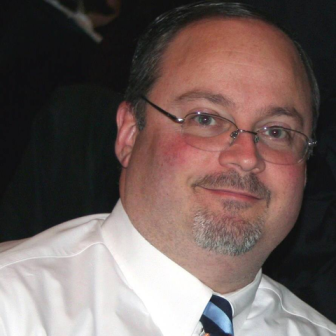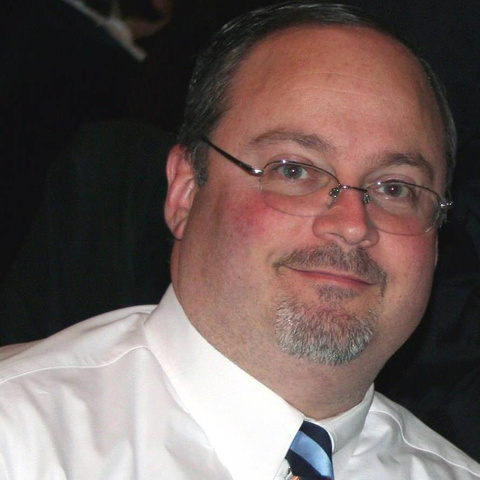 Imagine back to when you were a young teenager. What would it be like to be removed from your parents’ home? Your parents were hitting you and often weren’t taking care of you.
Imagine back to when you were a young teenager. What would it be like to be removed from your parents’ home? Your parents were hitting you and often weren’t taking care of you.
Child welfare officials placed you in a foster home where you felt lost. The foster mother was nice, but you didn’t want to be there and you felt like a guest. You go to school but you are not doing well. You don’t feel like the other kids accept you and you feel isolated. You are getting in trouble on a regular basis, which is causing more problems in your foster home.
One day you have an altercation at school and you just want to leave. The teacher is blocking the way out of the room and you push your way past her. You are arrested and brought to the police station and charged with aggravated battery to a teacher.
The police officer initially wants to send you home, but your foster mother refuses to pick you up. She tells your child welfare worker she is done with you. The worker tells the judge that she is going to look for other placements for you. You are placed in juvenile detention.
This scenario is not uncommon in our juvenile justice system. Child welfare youth involved in the juvenile justice system, or dual status youth, are more likely to be charged with a crime and more likely to be detained. Once detained, dual status youth will likely spend more time in custody.
Child welfare officials have a difficult time placing these youth because they are typically older with a history of multiple placements. On top of the usual teenage issues, they are likely to have mental health- and trauma-related issues.
The Illinois Department of Children and Family Services (DCFS) and University of Illinois-Chicago, in collaboration with the Circuit Court of Cook County Juvenile Division, have a new pilot project designed to help address these issues.
Dual status youth being detained in the juvenile detention center are now being referred to the Regenerations Program. This program, through Lutheran Child and Family Services, is an intensive wraparound program with up to 30 hours a week of programming, including mentoring through a partnership with the Youth Advocate Program.
This program prioritizes finding the youth’s strengths and how this impacts the youth’s placement and treatment. Juvenile probation officers, DCFS staff and Regenerations staff along with the youth and family sit together to work on a realistic plan for the youth. This plan is then presented to the Juvenile Court judge.
The team is committed to locating a placement in the youth’s neighborhood or with family members if possible. All youth, but especially dual status youth who have suffered loss and trauma, need to be connected to their family and community using a positive youth development framework. This framework includes connecting the youth to mentors, family and community members who will provide the youth with support and positive activities.
The Juvenile Probation officer, DCFS caseworker and Regenerations staff are dedicated to making these connections and providing the youth with positive youth experiences. These connections are critical and will contribute to their success on probation as they mature into adults.
Initial outcomes in the first six months of the program have been good. There has been a significant drop in the number of dual status youth in Cook County Juvenile Detention and a reduction in the length of time the youth spends in custody. We have seen our dual status detention population reduced by over 50 percent. Average length of stay has decreased from more than 70 days to an average of 31 days.
This is a culture shift for the juvenile justice community and it will take time to educate and coach staff. Juvenile justice practitioners need to take note that detention of these youth and placement in congregate care are often ineffective and produce poor outcomes.
The use of juvenile detention solely because the youth does not have a placement is inappropriate and damaging to the youth. The youth is at risk of further trauma, and detention often worsens mental health symptoms. We also know that once a youth is detained they are more likely to be detained again in the future.
Dual status youth need trauma-informed care that will address their risk and needs, along with the positive youth development that their probation officers, mentors, family and caseworkers can provide them. How do we as a system begin to find community-based placement and treatment that works? I think this program may be one of the answers.
Mark Werner is the deputy chief of the Clinical Division for the Cook County (Illinois) Juvenile Probation and Court Services. He is a member of the Dual Status Youth Practice Network, formed by the Robert F. Kennedy National Resource Center for Juvenile Justice.
































